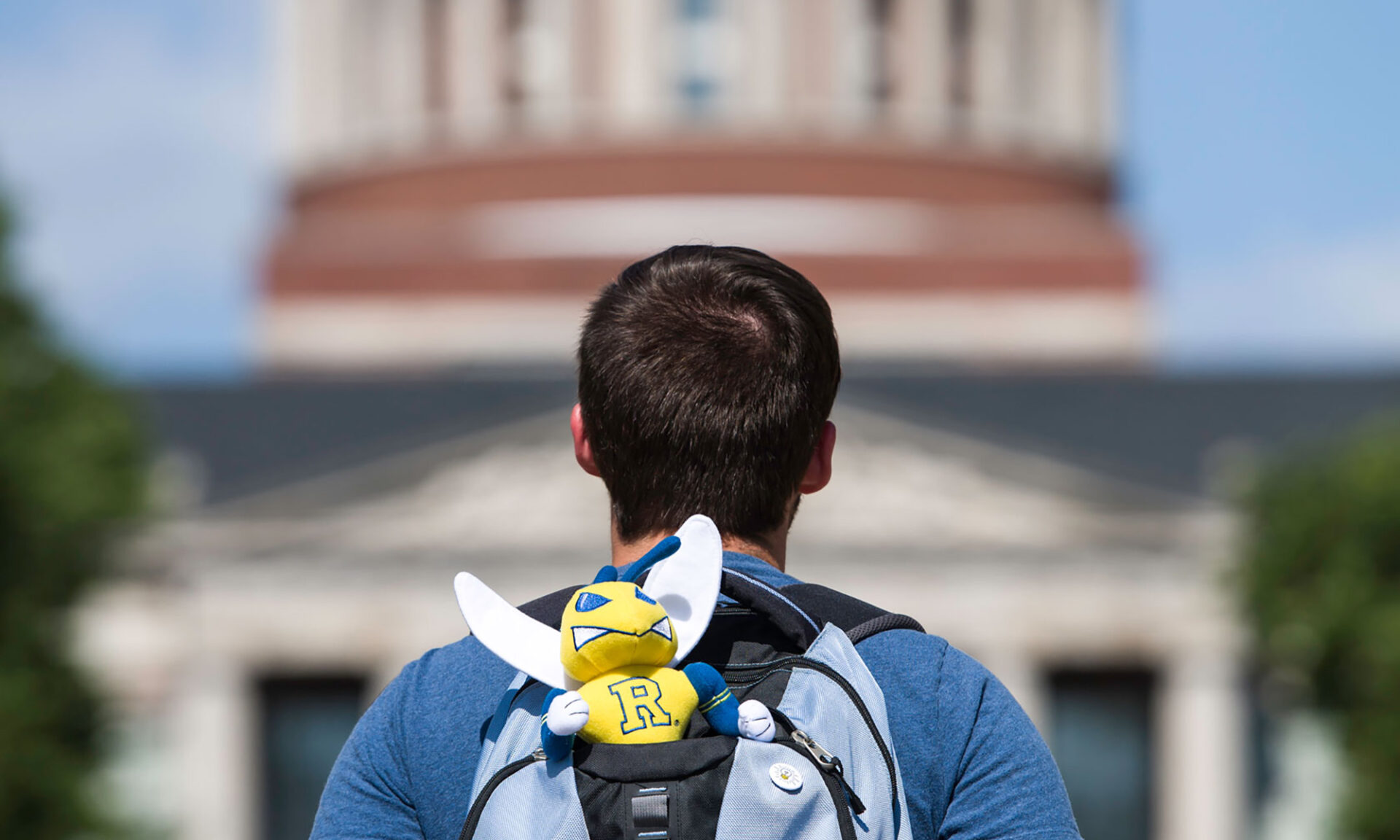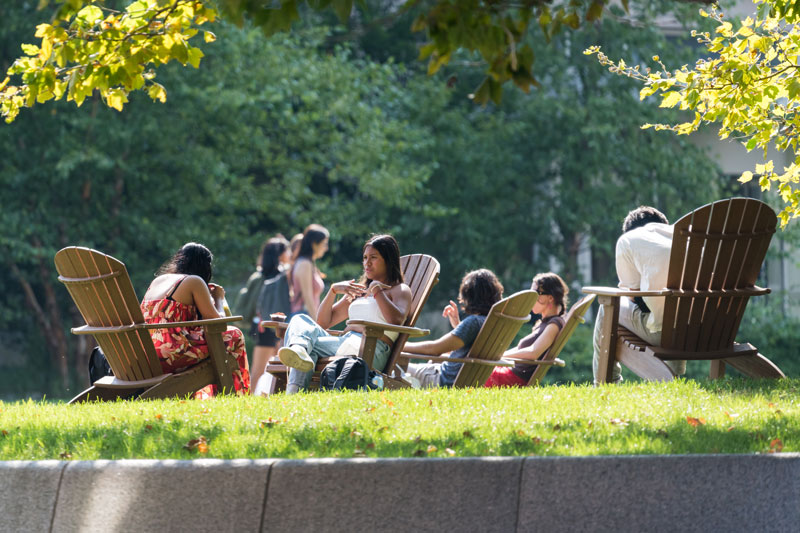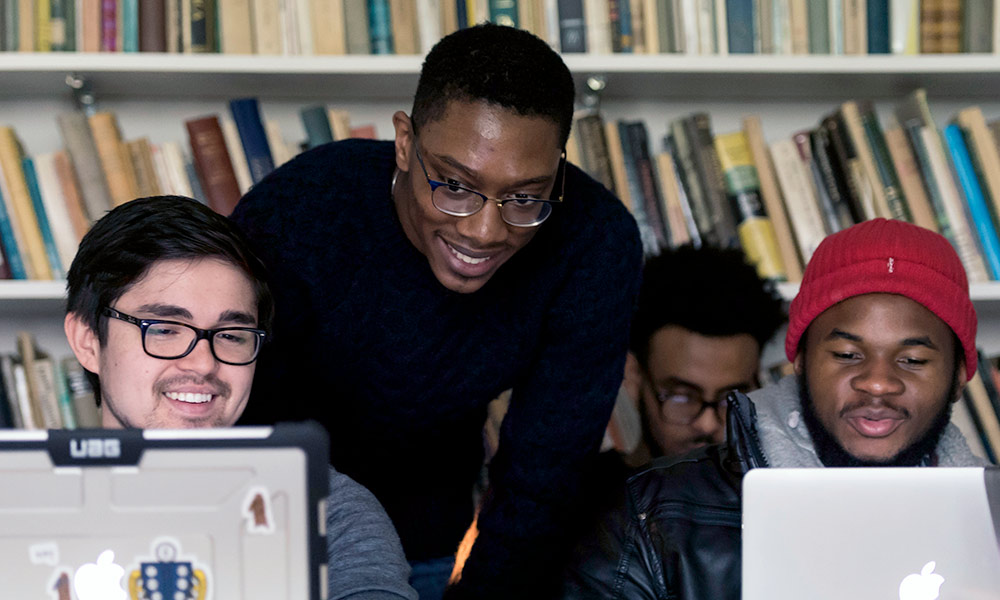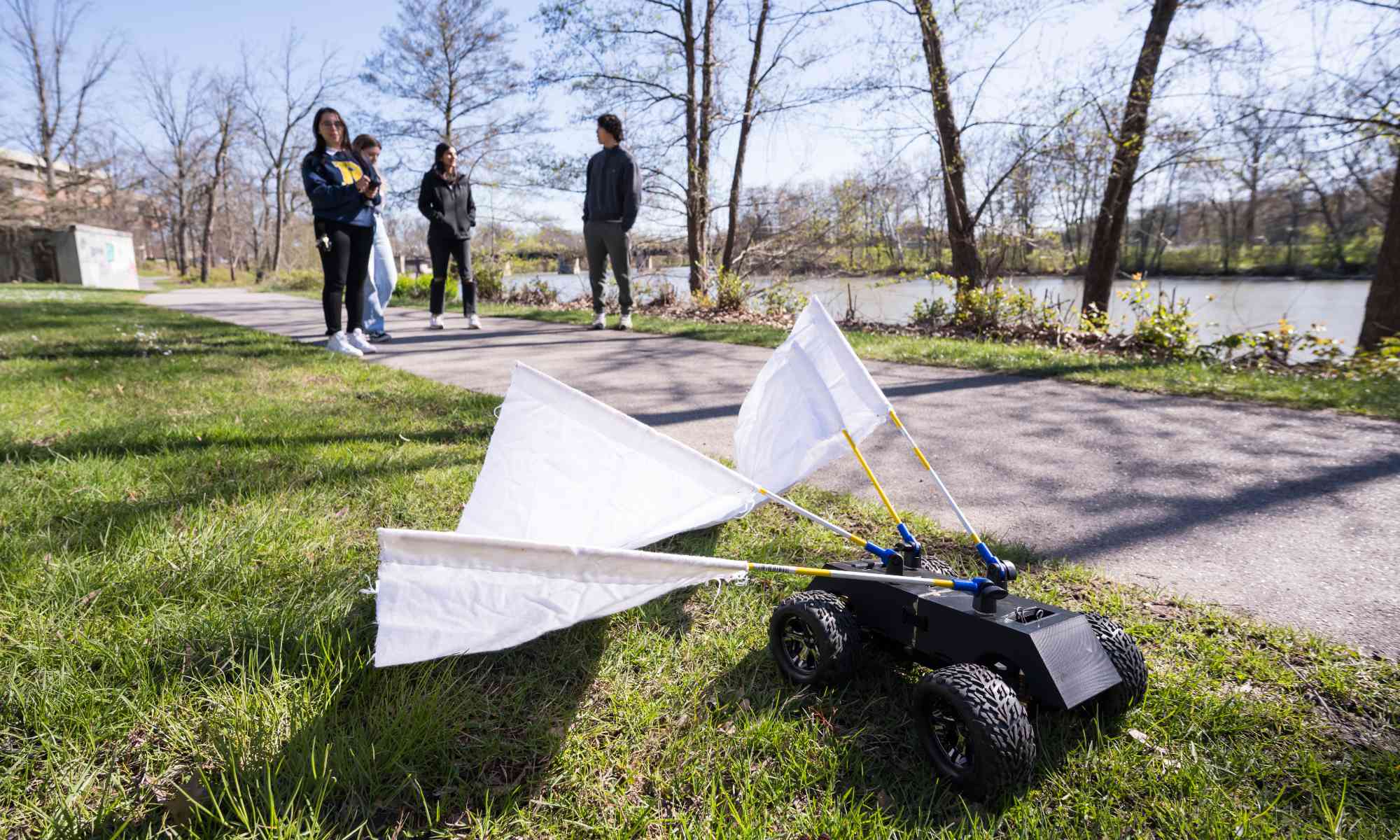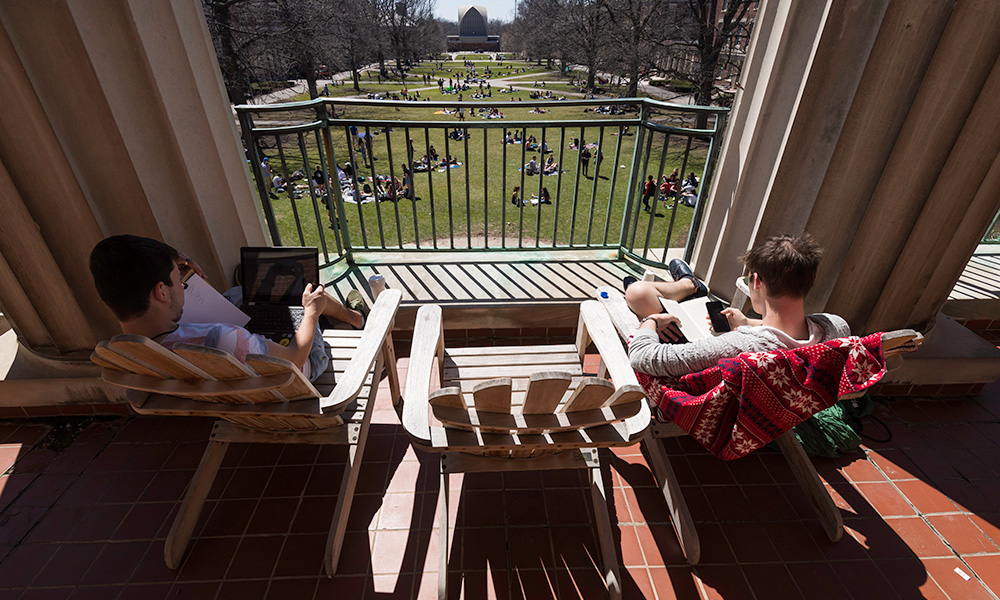From film scoring to entomological exploring, the University of Rochester offers courses sure to inspire FOMO—or, the fear of missing out.
Lifelong learners: Grab your backpack, laptop, and #2 pencils. Whether you’re a newly minted grad or gearing up for a milestone reunion, these seven University of Rochester courses will make you want to head back to college faster than you can say “Point me to the registrar.”
Cultivate your inner John Williams
TH 425: Film Score Analysis
Instructor: Mark Watters, director of the Beal Institute for Film Music and Contemporary Media and an associate professor of contemporary media and film composition at the University’s Eastman School of Music
From plot to casting to music, we’ve all played couch (or theater) critics when it comes to movies. But what really makes a film score work? Students in TH 425: Film Score Analysis are guided through various past and current film scores to learn and understand why choices were made during the scoring process and how to implement that information and vocabulary into their own compositions. “I’m very proud of this class,” adds Watters, who petitioned to have the course added three years ago.
HGTV could never
ME 204: Mechanical Design
Instructor: Chris Muir, a professor in the Department of Mechanical Engineering
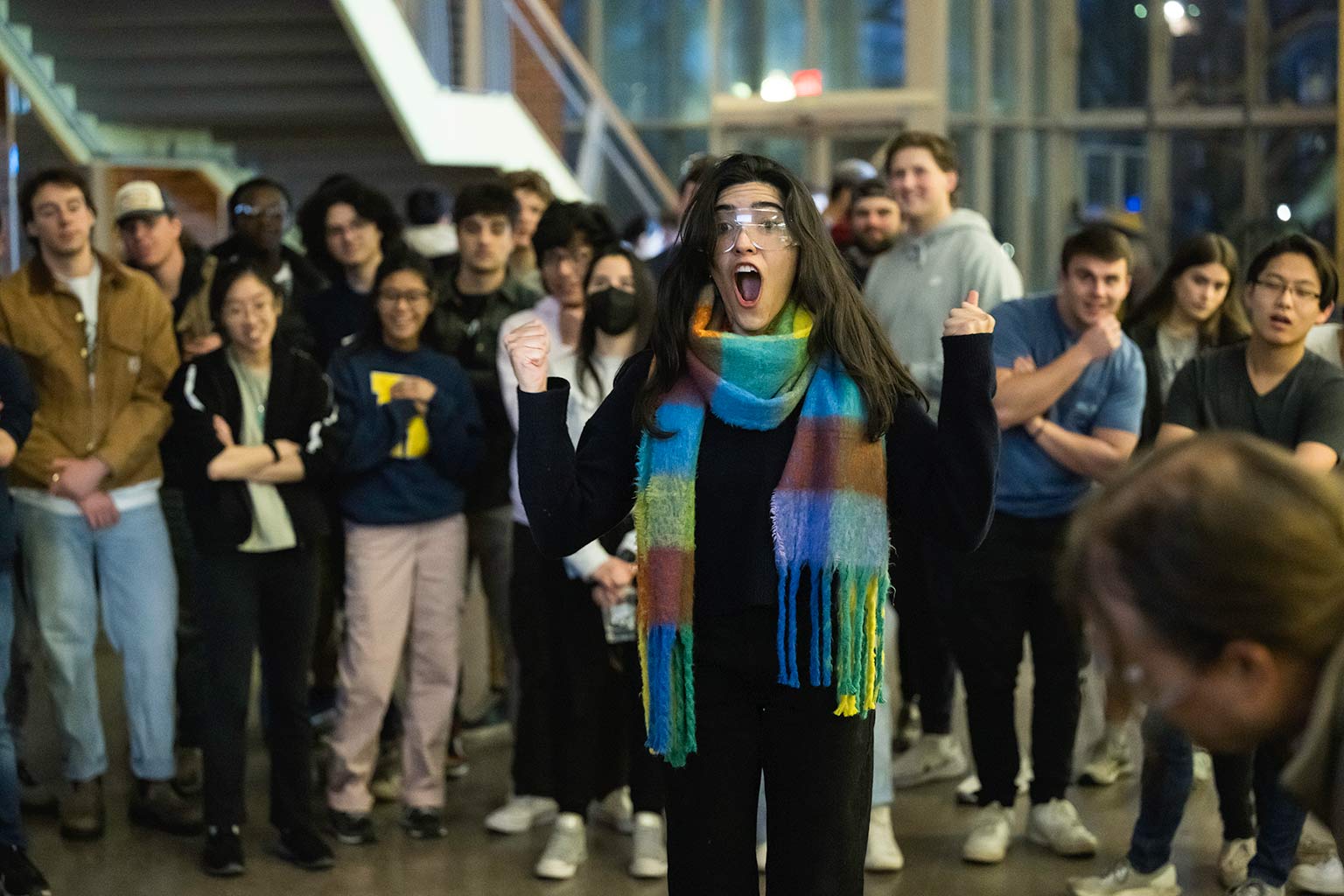
According to student feedback, ME 204: Mechanical Design is one of the toughest and most influential courses Rochester engineering students have experienced—with good reason. Each fall, seniors design and build prototype devices to solve real-world problems, working on four hands-on projects, culminating in the main event: students work in teams to see who can make a balsa wood structure that bears the largest amount of force in ratio to the structure’s weight. The main takeaway for Muir? The Karate Kid-esque “bending bad; axial good.” Learn why here.
Beetles and lichens for fall? Groundbreaking
BIOL 225: Ecology and Evolutionary Biology
Instructor: Bob Minckley, a professor of instruction in the Department of Biology
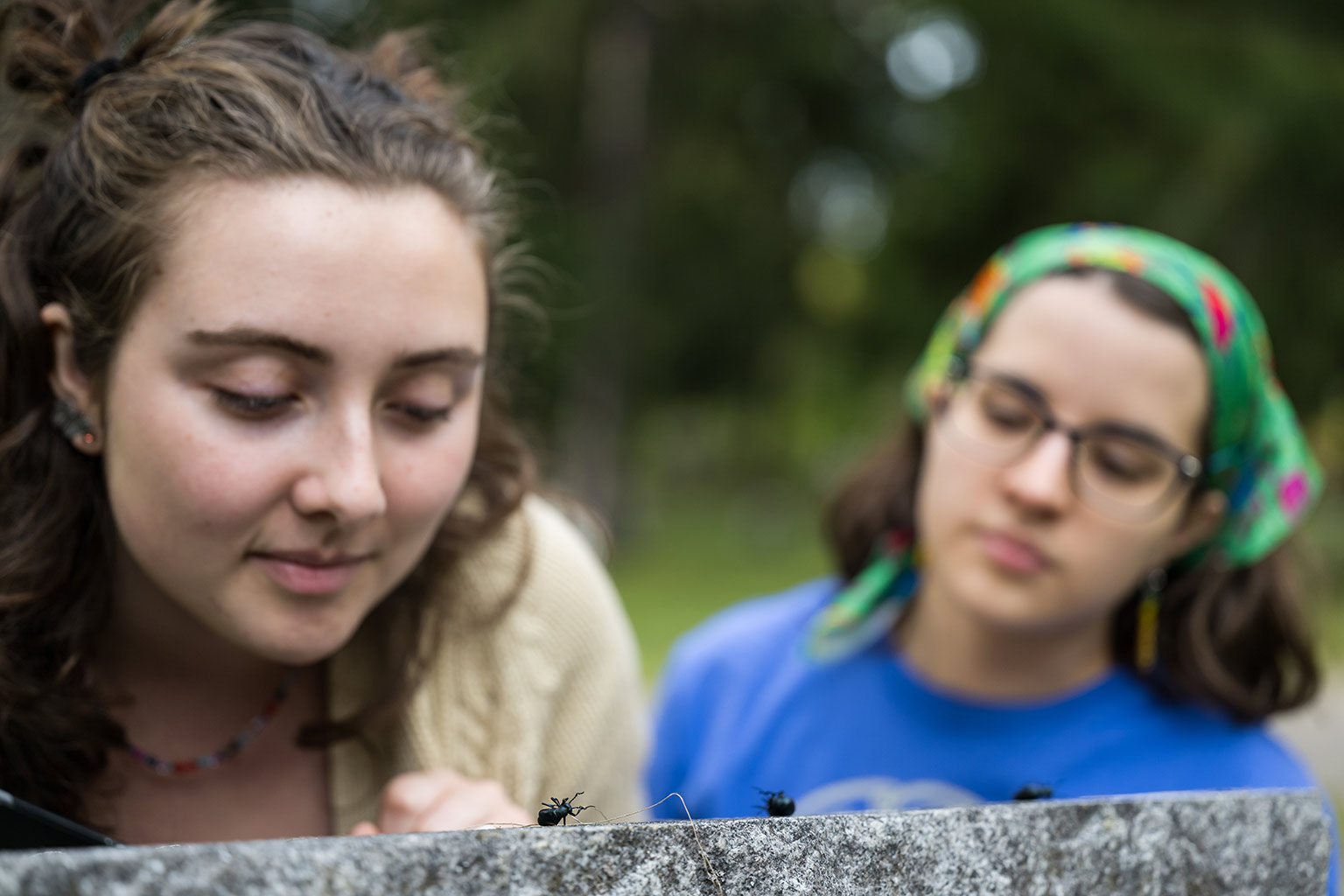
Don’t be thrown by the conventional course title—this 200-level biology class is a chance for Rochester students to get their hands dirty in the field. For Minckley, the beauty and excitement of BIOL 225: Ecology and Evolutionary Biology is that “you don’t need fancy equipment and you don’t need to go far.” Students explore ecosystems and environments near Rochester’s campus—including Mt. Hope Cemetery and the University’s pollinator garden—while learning how to formulate questions and obtain the necessary data to answer those questions on a series of topics in ecology and evolution. Plus: odds are you’ll get to pick up large bugs.
Newborn this way
NURS 374: Nursing Care and Health Promotion for Childbearing Clients and Their Families
Instructor: Jennifer Truax, an instructor of clinical nursing at the School of Nursing

A high-fidelity maternal care mannequin, skills labs, simulation suites, and yes, even an escape room: NURS 374: Nursing Care and Health Promotion for Childbearing Clients and Their Families really does have everything. “It’s the most fun I’ve ever had designing active learning for students,” says Truax. On the cutting edge, the obstetrical nursing course offers hands-on learning experience—and an increased inclusion of LGBTQ+ patient scenarios. A far better way to spend your medically minded time than binge-watching 20 seasons of Grey’s Anatomy.
And…scene
ENGL 273: Performing as Patients: Using Acting Techniques to Help Train Behavioral Health Professionals
Instructor: Shawnda Urie

Left- and right-brained folks, this one’s for you. In ENGL 273: Performing as Patients: Using Acting Techniques to Help Train Behavioral Health Professionals, students take on the role of a “standardized patient,” one who portrays the history, symptoms, and characteristics of a patient so that trainees can interact with and evaluate them in a quasi-realistic setting. The actors give feedback to trainees on their bedside manner while putting their performance objectives and learning into practice using skills like improvisation and character analysis and development. This course, offered through the English department’s theater track, collaborates with the Department of Psychiatry’s Laboratory for Behavioral Health Skills, connecting River Campus undergraduates with fellow learners at the Medical Center.
Conan O’Brien, Ira Glass, and you
HIST 227: Podcasting History: Hear UR
Instructors: Thomas Fleischman, an associate professor of history, and Stephen Roessner, an assistant professor of electrical and computer engineering
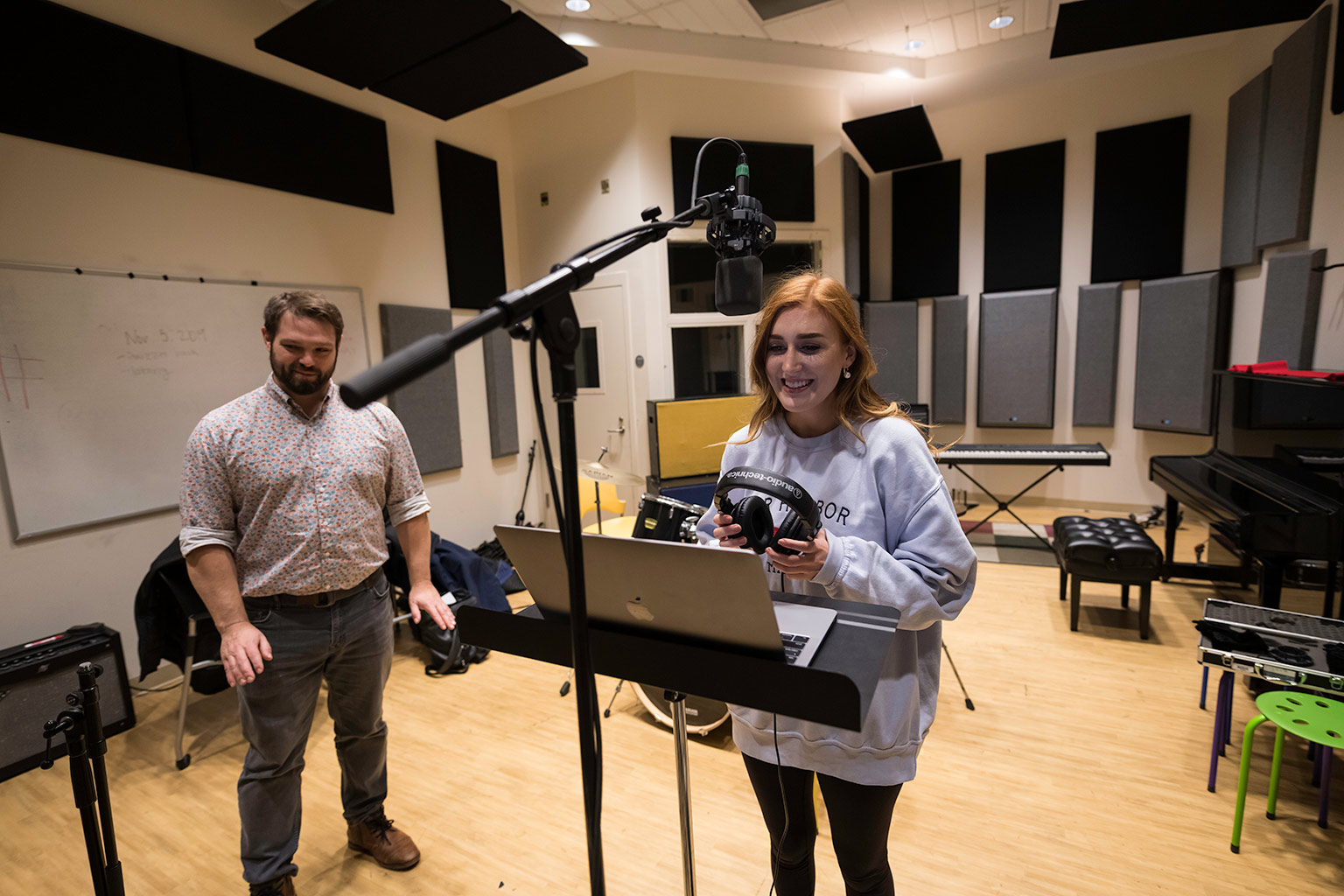
A quick scroll through any podcast app confirms that a show exists on any subject of interest. But what if you could make one yourself? At Rochester, students in HIST 227: Podcasting History: Hear UR use the semester to research, develop, and produce one season of episodes for Hear UR—a history-oriented podcast that takes on a subject related to the environmental history of Rochester. Previous seasons’ topics include the Genesee River, women’s liberation and cycling, and (no joke) milk. Catch up on past seasons here.
The past and future of a global movement
AAAS 291: 50 Years of Hip-Hop: Reppin’ Black Genders Across the World
Instructor: Jeffrey McCune Jr., the Frederick Douglass Professor and founding chair of the Department of Black Studies
2023 marked the 50th anniversary of hip-hop—a genius art form and global phenomenon that got its start as a subculture of the Bronx in New York City but is now produced across the Black diaspora. AAAS 291: 50 Years of Hip-Hop: Reppin’ Black Genders Across the World examines the representation of genders in hip-hop music and culture—as they are performed, produced, and communicated in visual, sonic, and textual forms. McCune asks students to take on pertinent questions about the music genre’s stakes for Black women and Black men; how Black femme, trans, nonbinary, and queer masculine folks inform the music and culture; and where hip-hop is heading in the future. “My favorite part is the listening party, where students and I bring in music or videos that we think are representative of the week’s theme,” adds McCune. “We listened to artists from LL Cool J to Kendrick Lamar, Meghan Thee Stallion to Lil Simz, and examined hip-hop as both entertainment and political-cultural knowledge—both forms that illustrate hip-hop as an influential music across the world.”

